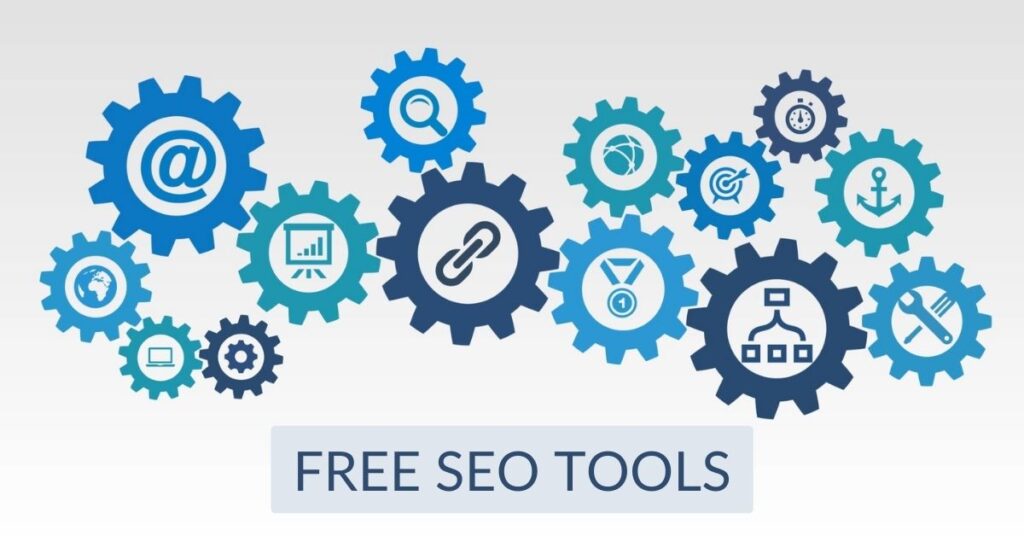Last updated on August 10th, 2022 at 11:34 am
Introduction
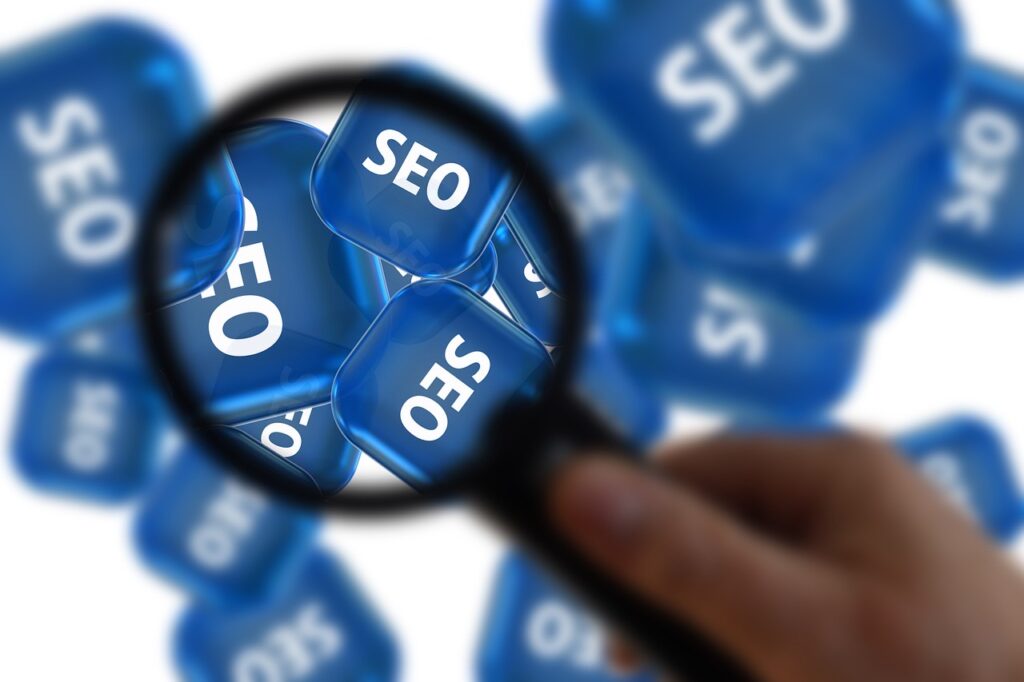
SEO, search engine optimisation, is the practice of optimising websites to make them reach a high position in search engine results pages. Search engines like Google, while they give some advice as to how to help your website rank well in their results, have always kept their specific ranking algorithms a secret.
Google is constantly reviewing their algorithm to improve the quality of search results to make searching as rewarding as possible for users. If a user clicks on a search result but the page they land on does not meet their expectations then they will quickly leave that website and search again. This is not good for the user or for the website’s SEO ranking.
So how can you rank better for specific keyword search terms that are relevant to your page?
Here are some suggestions.
1. Meta Descriptions
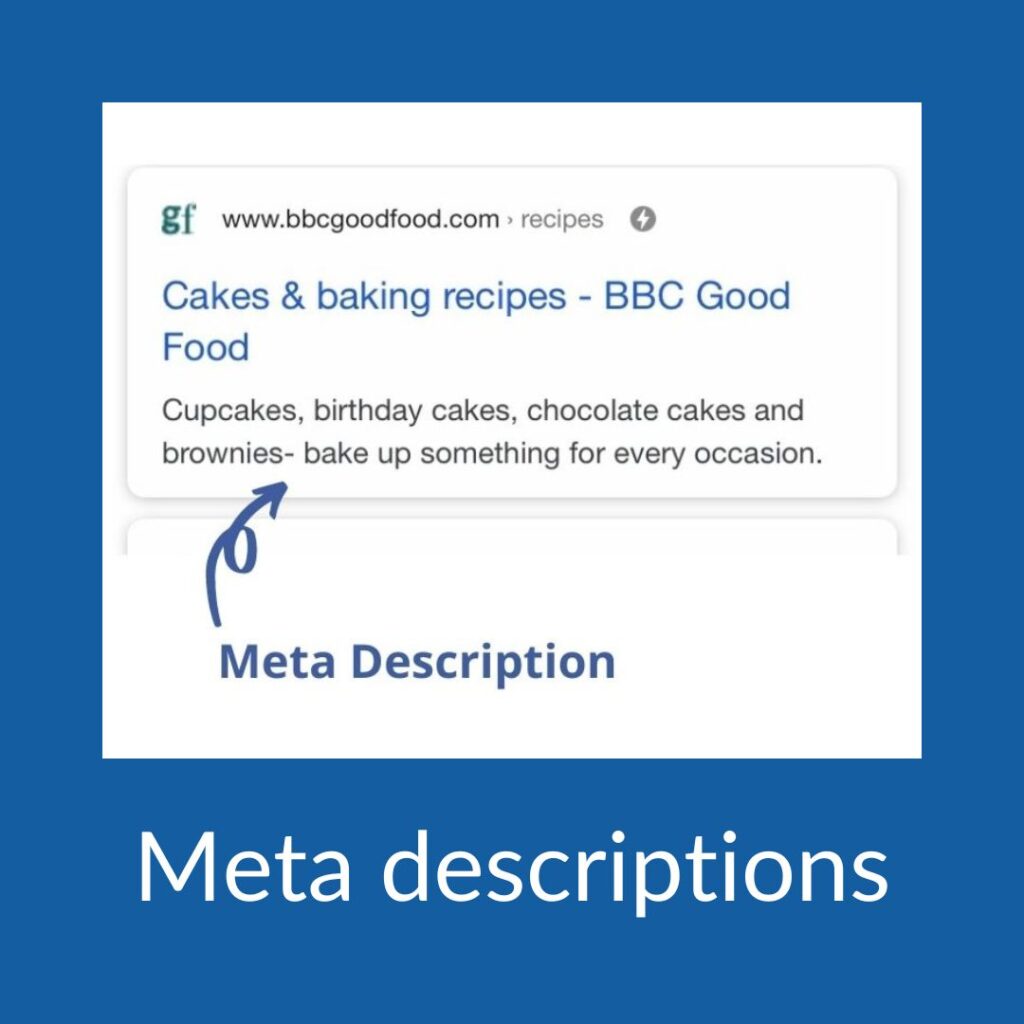
A meta description is a snippet that summarises a page’s content. It helps searchers decide whether or not your content is what they’re looking for, and ultimately determine if they’ll click or not.
Search engines show the meta description in search results and for this reason they should be appealing and inviting for the user.
In 2009 Google announced that meta descriptions and meta keywords have no bearing on search rankings, BUT, although they may not affect rankings, they affect click-through rates, which are hugely important for SEO.
Make sure that your meta descriptions are different for each webpage and are optimised for your search keywords.
2. Quality of content
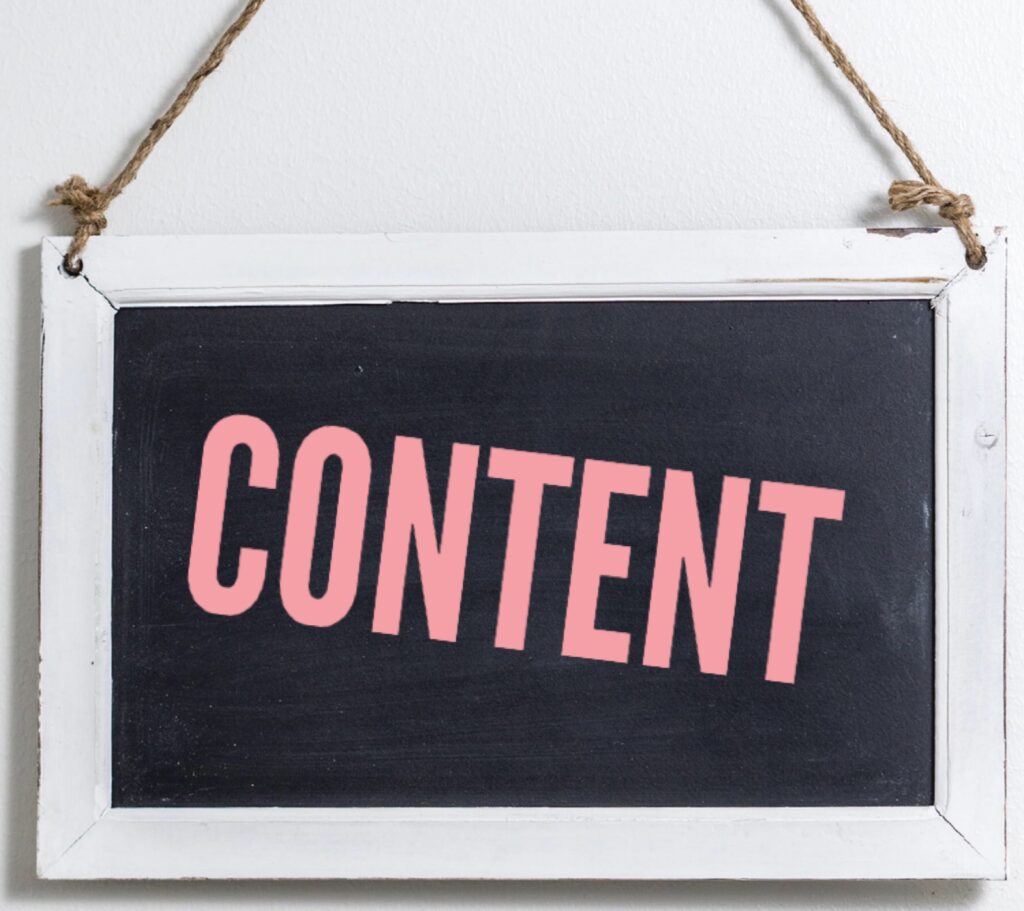
If your website does not contain useful or relevant information then users will not stay long on your site. Google will take this as a sign that your website is not providing good quality content for the keywords that are searched on.
Make sure that your website copy is readable – write with humans in mind rather than for search engines. Put your most important information close to the top of the page.
Optimise your page for users first and aim to provide interesting copy that will encourage users to stay on your website as long as possible.
3. Link to your own website pages
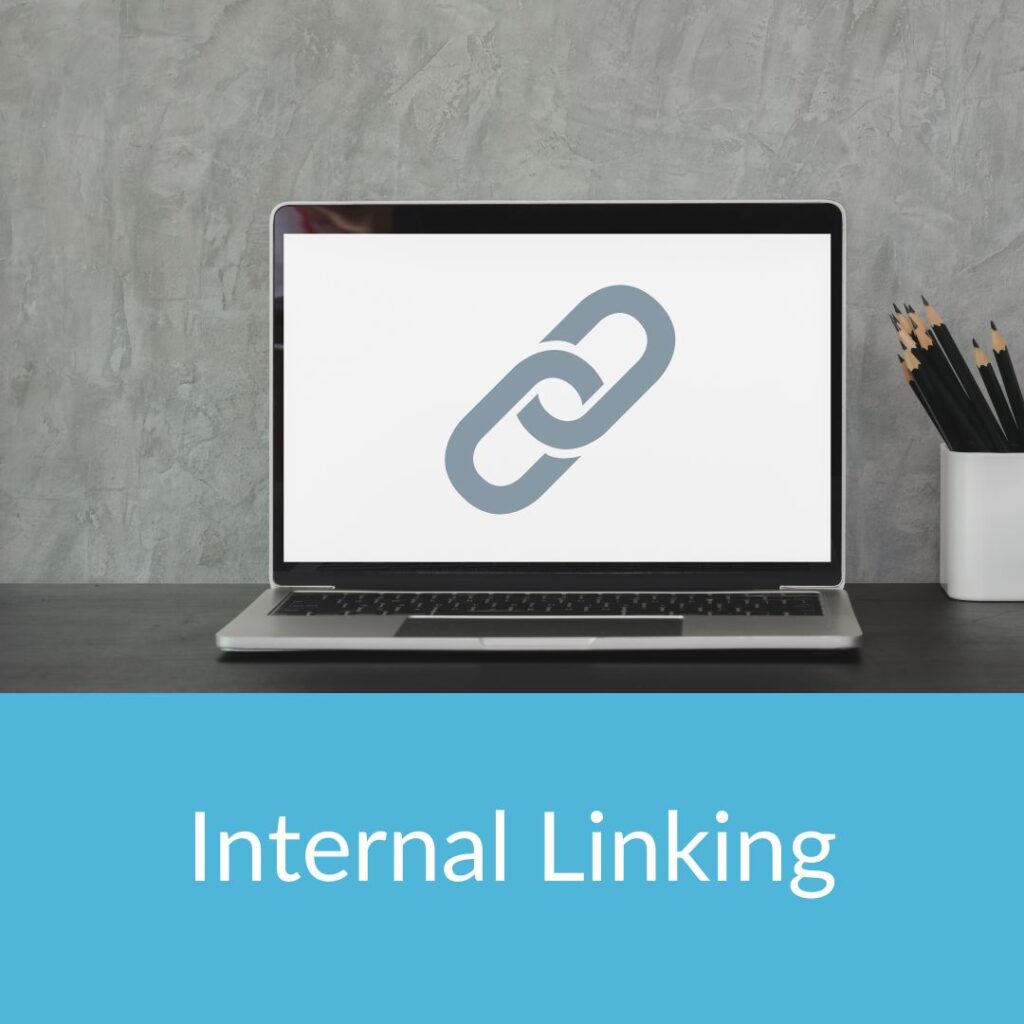
Links to your website are important in SEO, even links from your own website. They can be links to a separate page or a link within the same page.
The ‘anchor text’ are the words that the user clicks on and they should include your relevant keywords.
For example, instead of using the generic terms ‘click here’ you could encourage users to read your useful ‘SEO checklist to increase rankings’.
4. Relevance
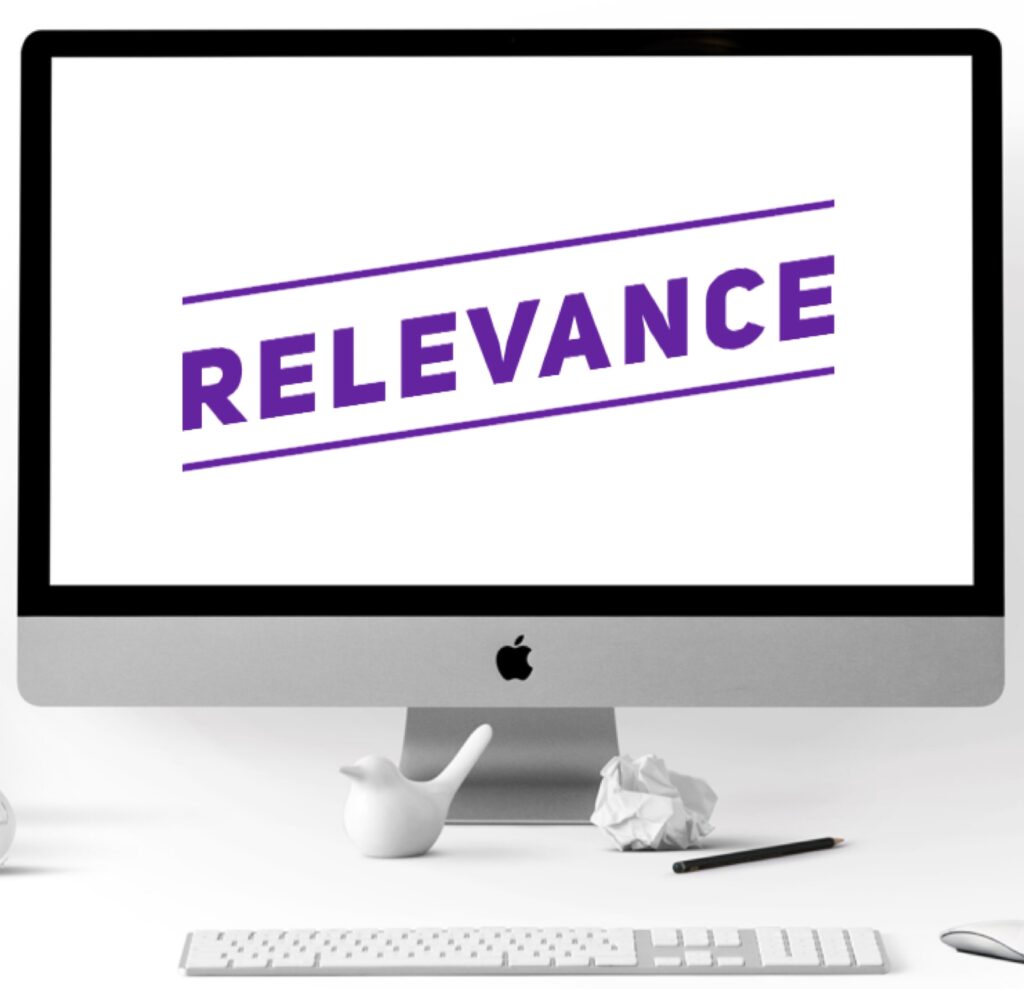
Ranking in the first few search results does not necessarily result in more traffic clicking on your site.
It is true that people will see your listing, but it may not mean you will get more click-throughs.
Having people click on and spend time on your website will help you stay ranking in the search results, and will also mean more website traffic and hopefully conversions if you have a call-to-action on your website.
The meta descriptions on each page are crucial for telling people what your website is about, but it is also important to make sure that your webpages are optimised for RELEVANT keywords for your niche.
5. Local search

If you’re a local business, it is vital to optimise for local search.
This will not only help you get found, but it will help you get found by people who are nearby and more likely to buy from you.
Map results are often shown before other search results so make sure that you claim and optimise your free ‘Google Business Profile’ listing to be shown on Google search and maps.
6. Images
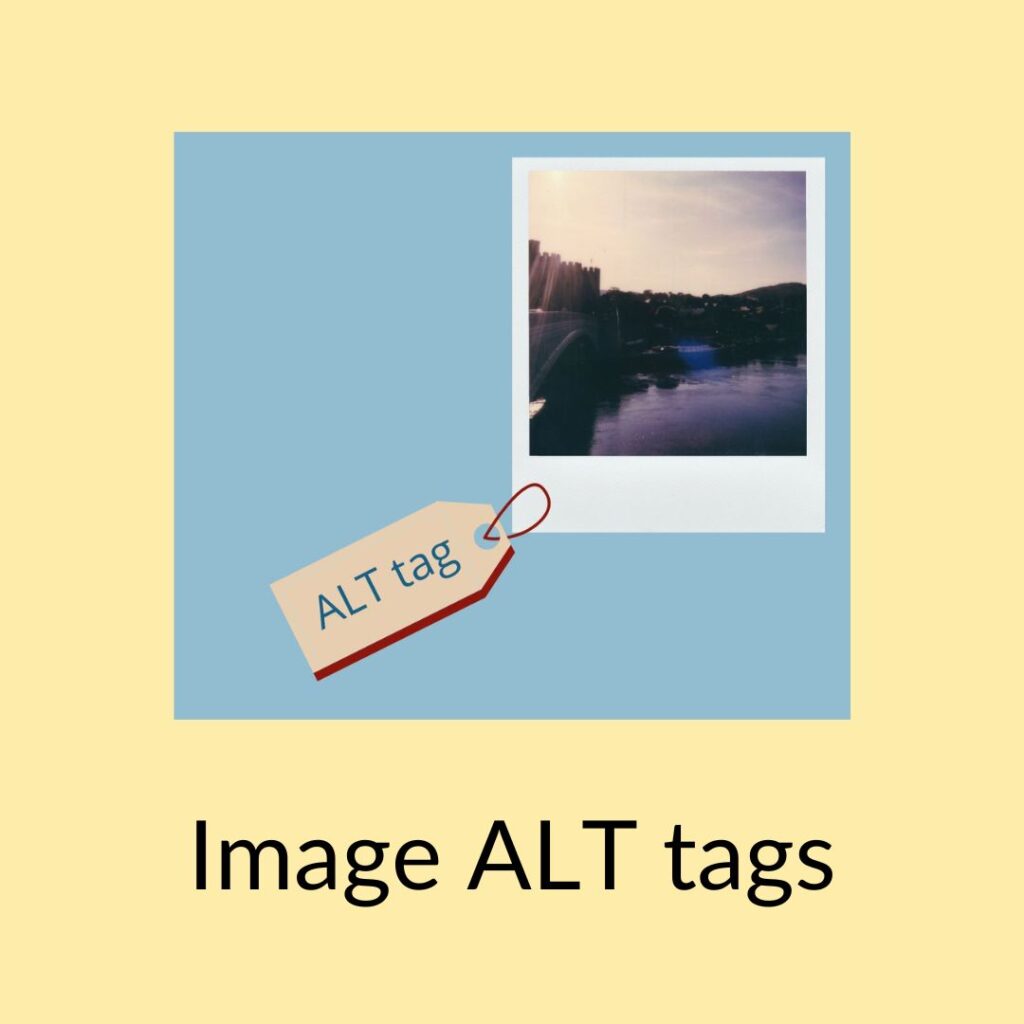
Search engines cannot ‘see’ images on websites, so it is important to use the image ‘ALT’ (alternative) tag to describe the image.
It’s a good idea to use relevant file names to ensure that Google knows what the image is about. For example, ‘gluten-free-lemon-cake.jpg’ instead of ‘DS-00342.jpg’.
Another way to boost your SEO is if the text on the page where the image is located mentions the image, so always try to reference your images in your text, close to where it appears on the page, using keywords similar to the alt text/filename of the image.
Google also recommends providing descriptive titles and captions for your images.
7. Mobile friendly

Google rewards mobile-friendly websites and penalizes those that aren’t fully optimised for mobile in mobile search results.
As nearly 60% of searches are now using a mobile device, it’s important not to be exluded from mobile search results.
Make sure buttons are large enough to click and fonts are large enough to read on mobile.
It’s best not to show popups and other distractions on the mobile version of your website.
You can use Google’s mobile friendly test to check if your website is mobile friendly.
8. Page load time
In order to improve user’s experience, and to optimise your SEO, spend some time on reducing page load time or ask your web designer to help.
Click to read 13 Actionable Tips to Speed up your Website.
If you are using WordPress there are plugins available that can reduce the size of images and minimise code size.

9. Secure websites

Have you noticed that some URLs start with http:// while others start with https://, especially when you were browsing websites that require you to provide sensitive information?
Secure (HTTPS encrypted) websites use a technology called SSL to ensure that hackers can’t intercept any of your data.
Having a secure (HTTPS encrypted) site is important for SEO.
Google has publicly stated that two websites which are otherwise equal in search results, if one has SSL enabled it may receive a slight ranking boost over the other. Your hosting provider may charge an annual fee for this feature.
10. Link building
Link building is the process of increasing the number and quality of inbound links to a webpage in order to improve the search engine rankings of that webpage.

Links are better if they are placed near the top of the page – users are more likely to click through, and search engines are more likely to crawl them.
Create content that is high quality, such as an interesting blog post with an eye catching headline.
Link your own important website pages.
Don’t buy links – you could get penalized.
You can learn strategies to copy by looking at your competitors’ links, for example using MOZ research tool
Conclusion

User experience is an important aspect of SEO.
This article has covered some of the aspects that make for a good user experience – from the meta description used for your results listing to the quality and relevancy of the content on your site and the ease with which they can move through your site.
Improving in these areas will increase your chances of ranking well in the search engine results pages.
Remember not to write primarily for search engines – write for users, especially your target audience, and aim to solve their problems.
I hope you found this article useful. Walker Websites is based in Highams Park, East London. Why not get in touch to see how we can help with your SEO needs? Call now – 0777 169 1194.
Related Articles
17 ways to improve your SEO rankings
Google My Business: how to optimise your listing
Introduction Do you have a Google My Business profile? Claiming and optimising your Google Business…
19 SEO terms you may not know
Alt text Alternative text (alt text) is descriptive text which conveys the meaning and context…





